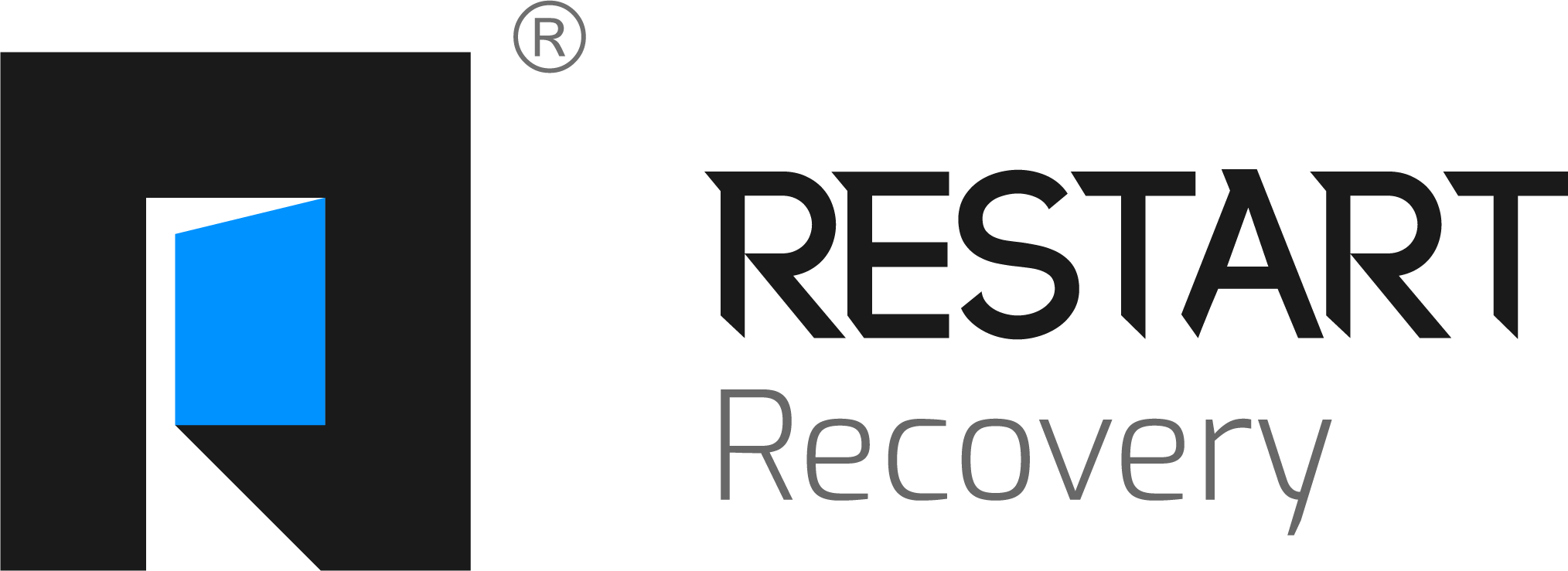The Effects of Substance Use During Pregnancy: What You Need to Know
- Yasmin Maghsoudloo
- Jun 30
- 3 min read

Pregnancy is a time of profound change, hope, and responsibility. But for many women, substance use—whether it’s alcohol, tobacco, prescription medication, or illicit drugs—can be a complex and difficult challenge to navigate.
If you or someone you love is struggling, understanding the effects of substance use during pregnancy is a crucial first step toward protecting both mother and baby.
Here’s what you need to know.
Why Substance Use During Pregnancy Matters
Everything a pregnant person consumes—nutrients, medications, toxins—can cross the placenta and affect the developing baby. Substances can interfere with fetal growth, brain development, and organ formation, sometimes causing lifelong impacts.
Different substances affect pregnancy in different ways, but no amount is risk-free.
Alcohol Use
Alcohol is one of the most common substances used during pregnancy, and one of the most harmful.
Risks include:
Fetal Alcohol Spectrum Disorders (FASD), causing intellectual disabilities and behavioral problems
Low birth weight
Developmental delays
Heart defects
Facial abnormalities
Important: There is no known safe amount of alcohol during pregnancy. If you are pregnant or planning to become pregnant, the safest choice is to abstain completely.
Tobacco Use
Smoking during pregnancy reduces the oxygen available to your baby, which can harm growth and development.
Risks include:
Premature birth
Low birth weight
Birth defects like cleft lip or palate
Placental problems (placental abruption, previa)
Increased risk of Sudden Infant Death Syndrome (SIDS)
Secondhand smoke is also dangerous, so avoid exposure whenever possible.
Marijuana and Cannabis
Marijuana may be perceived as “natural,” but it can still impact fetal development.
Risks include:
Low birth weight
Developmental and behavioral problems later in life
Increased risk of stillbirth
Because THC crosses the placenta, it affects the baby’s brain development.
Prescription Opioids and Illicit Drugs
Opioid use—whether prescribed or illicit—can lead to serious complications.
Risks include:
Neonatal Abstinence Syndrome (NAS), where babies experience withdrawal after birth
Preterm birth
Growth problems
Stillbirth
Never stop opioids suddenly without medical supervision, as withdrawal can be dangerous for you and the baby.
Cocaine and Methamphetamine
These stimulants can significantly affect pregnancy.
Risks include:
Placental abruption (where the placenta detaches early)
Preterm labor
Growth restriction
Developmental delays
They also increase the risk of miscarriage and stillbirth.
Mental Health Considerations
Substance use often overlaps with mental health struggles like depression, anxiety, or trauma. Pregnancy can intensify these challenges, making it harder to quit without help.
If you’re feeling overwhelmed, you are not alone. Compassionate, judgment-free support is available.
How to Get Help
Quitting substances during pregnancy can be difficult, but support makes all the difference.
Steps to consider:
Talk to your healthcare provider. They can help you create a safe plan to reduce or stop use.
Reach out to local treatment programs. Many offer specialized care for pregnant women.
Connect with support groups. Peer support can reduce isolation and encourage.
Create a safety plan. If you are in an unsafe environment, consider contacting a local crisis hotline or shelter.
The earlier you get help, the better the outcomes for you and your baby.
Final Thoughts
Substance use during pregnancy is a serious health issue, but it does not define you as a person or a parent. With the right support and care, you can take steps to protect your health and give your baby the best possible start in life.
If you’re ready to take the next step, reach out to a healthcare provider or treatment program today. You deserve help, healing, and hope.





Comments